Key to dropping racial barriers: It’s getting to know each other
By Bob Steenson, bsteenson@charlescitypress.com
About 40 people gathered Sunday afternoon to discuss race, community, stereotypes and building a bridge between cultures.
Many of the people at the meeting of the Be The Bridge group may have had recent national racial violence on their minds, but the stories they shared were also personal and local.
• Dennis Petersen said people don’t know what racism feels like unless they experience it personally. He said he has a daughter who is Korean, and when she was 5 the Ku Klux Klan left leaflets on his porch, talking about white superiority.
“The KKK — a lot of people in Charles City wouldn’t believe they’re around, but they are,” he said.
Petersen said he could walk down any street in Charles City and people would think nothing of it, but if an African-American man walked down the same street some people might call the police, reporting a “suspicious black man.”
• Keisha Cunnings said she has lived in Charles City for eight years, helps in the community, works in the school, doesn’t get arrested, and “I still get judged.”
She said people will say, “’You’re from Chicago? Oh, you must be here to use up all our welfare, and things like that.’ And that frustrates me, because I work two jobs. My husband works a job. I’m not here to use anybody or gain anything from anybody. I’m here because I want my kids to live in a safer neighborhood.
“How long do I have to keep proving to you that I’m a good person?” she asked.
• A white man said sometimes associations lead to charges of racism. “I supported Trump, so some people call me a racist. I’m not a racist,” he said.
• Jessica Barry said she didn’t understand at first why black friends of hers were worried when another black man who they had no relation to was charged in a crime.
“There are white people who commit crimes in this town and not once has it affected how I feel. It’s never affected my life,” Barry said. “I’ve never walked around going, ‘Oh, I hope people aren’t looking at me funny because I’m the same race as that dude that robbed the church a couple weeks ago.’
“That breaks my heart that you guys feel that you’re affiliated just like that,” she said.
• A Hispanic woman who said she was born and raised in Texas moved to Charles City and was registering her children for school. She was handed forms in Spanish.
“I don’t read Spanish,” she said. “Then I was asked, ‘What part of Mexico are you from?’”
• Todd Prichard said when he served in Iraq one of his jobs was to search vehicles on the highway, so he understands the apprehension that police in America have walking up to a vehicle when they don’t know the occupants.
But in Charles City, he said, “It’s possible, in this community, for us to know each other. I’ve always thought that we’re afraid of what we don’t know. There’s really no excuse in this community for us not to know everybody. That’s really what this group can do. It’s so simple. Just get to know each other.”
• Charley Thomson said free speech is important and people have a right to express views that others don’t agree with, but he wonders about people who show up at a protest with bats and other items that can serve only as offensive weapons.
Thomson added, “I do not understand the concept of wanting to keep mementoes or statues of the losing side (of the Civil War) in the South. I just do not understand flying the Confederate flag.”
Phil Knighten, who led the group discussion, said, “Everybody has a little bit of racism in them. It’s in our human makeup. When you think about racism you think about prejudice. You may prejudge someone just by looking at them.
“It’s all simple basic things that in and of themselves don’t mean anything. They’re innocent.” he said. “But that’s where it starts. You’ve got all those little tendencies and you’ve got to kind of work at it to fight. Otherwise it will fester and grow and grow and grow.”
Some people gave examples of times when they lived among or worked with people of other races, and how that led to better understanding.
“The common thread in a lot of these stories is interaction,” Knighten said. “You’ve got to get out and get to know one another. You have to be around people of different races, different religions, different creeds and cultures, and then you’re see and understand, ‘hey, they’re all right.’”
Racial reconciliation is not easy, he said. “You have to make the effort.”
Be The Bridge has been holding meetings and social events for about a year and a half.
Its mission is “to create an atmosphere in which conversation and dialogue occurs to bypass obstacles and racial/cultural barriers that have divided us as God’s people.”
Most of those at the meeting Sunday said this was their first time attending one of the group’s events.

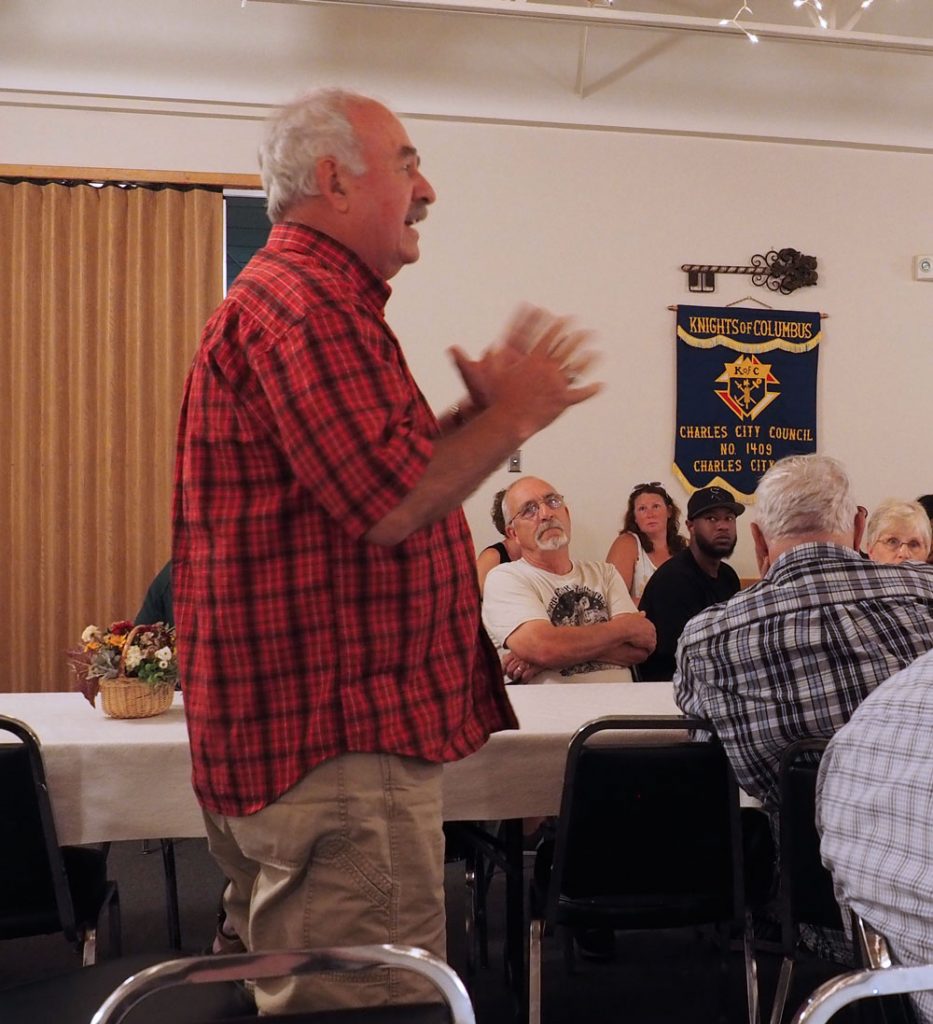
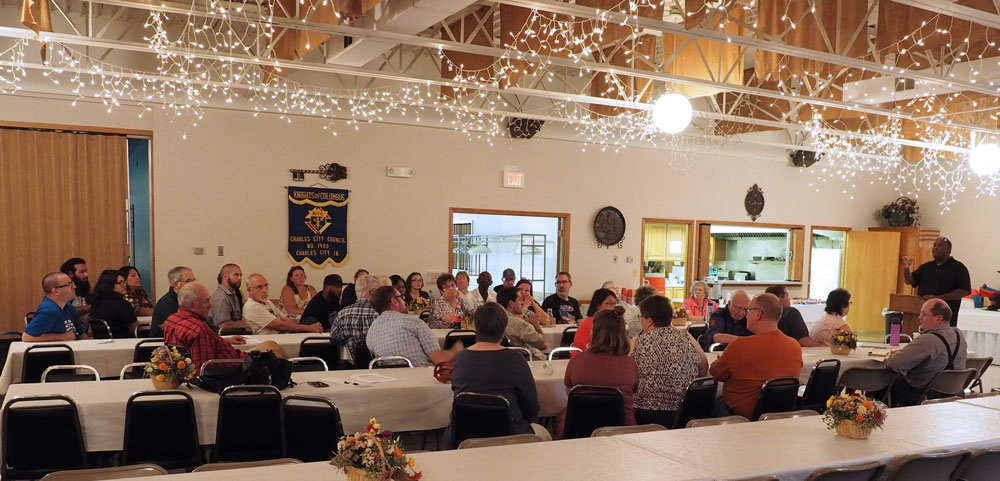
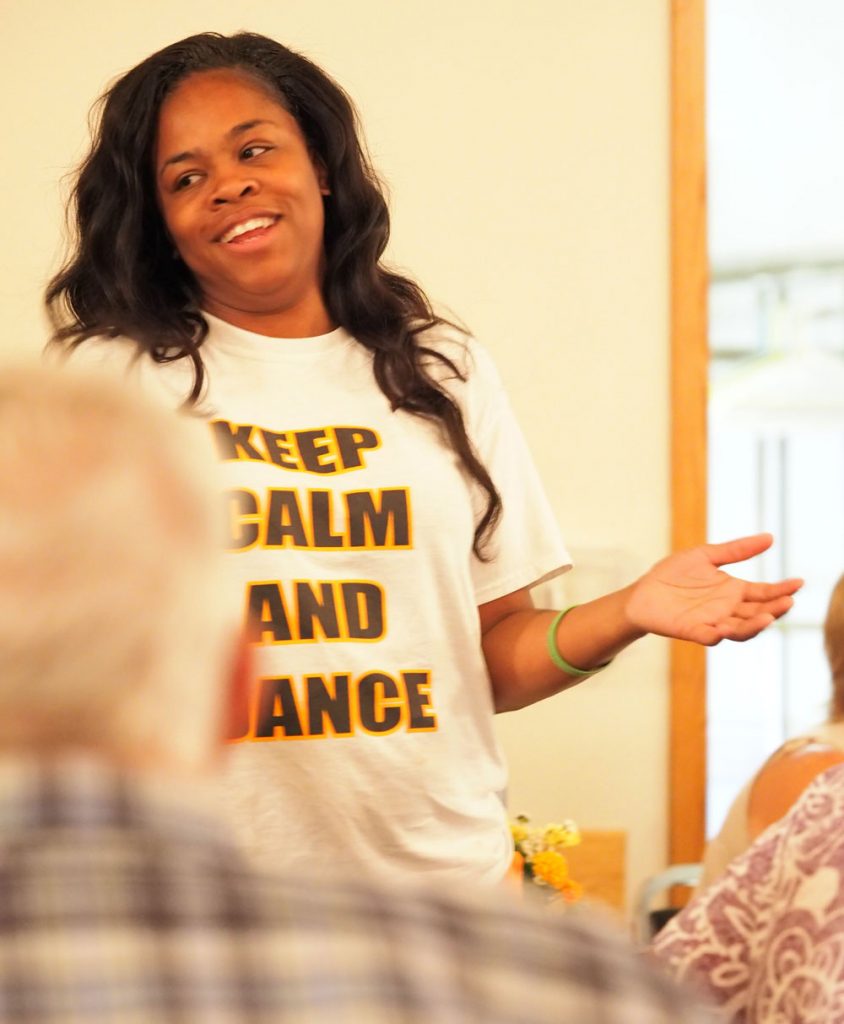
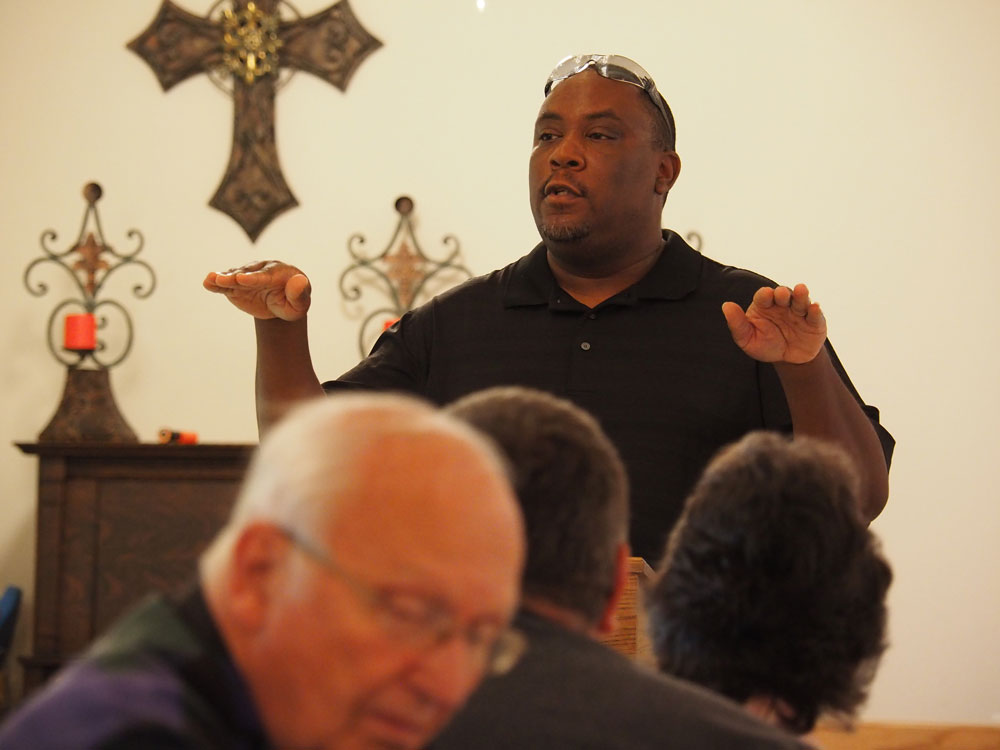
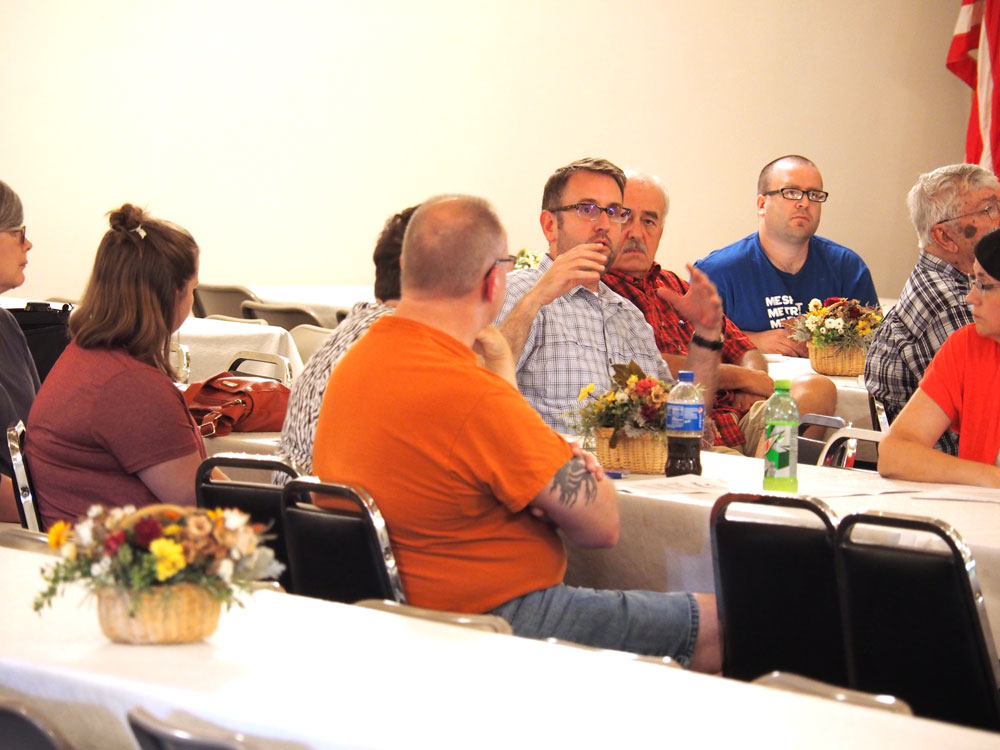
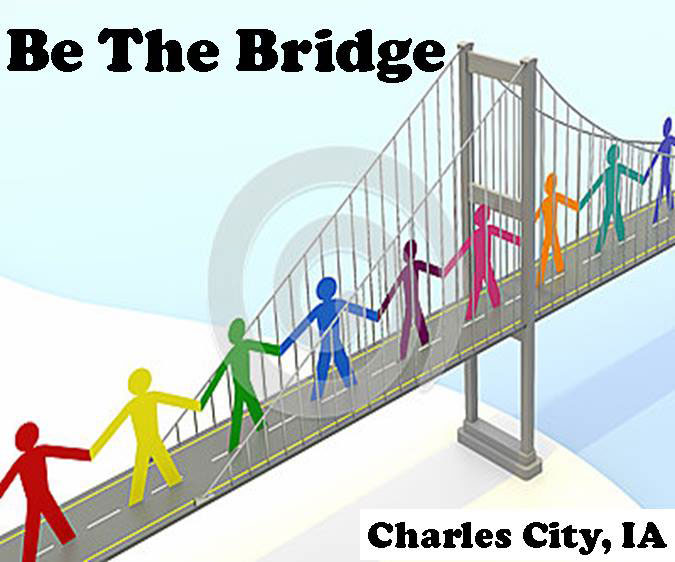
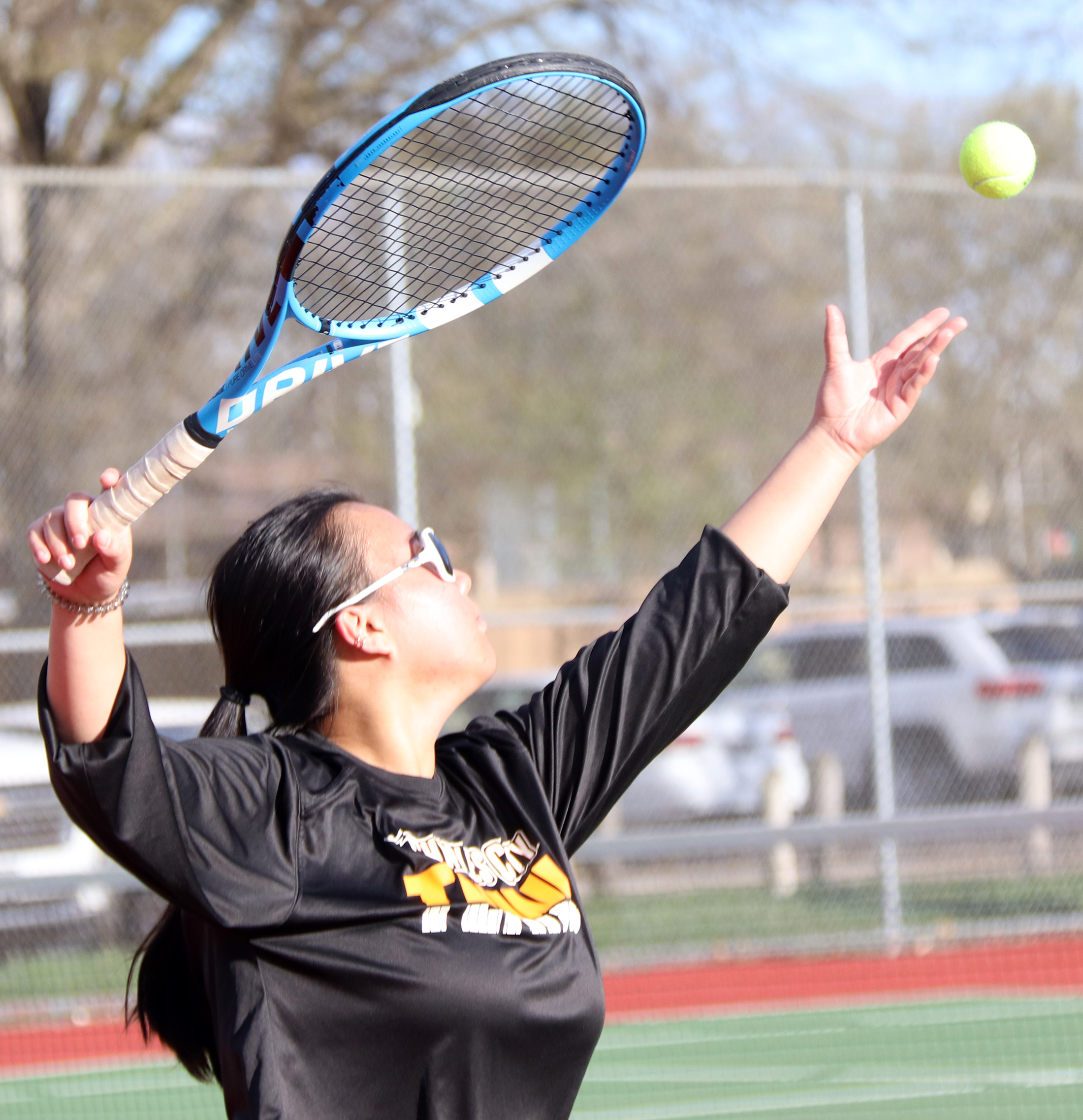
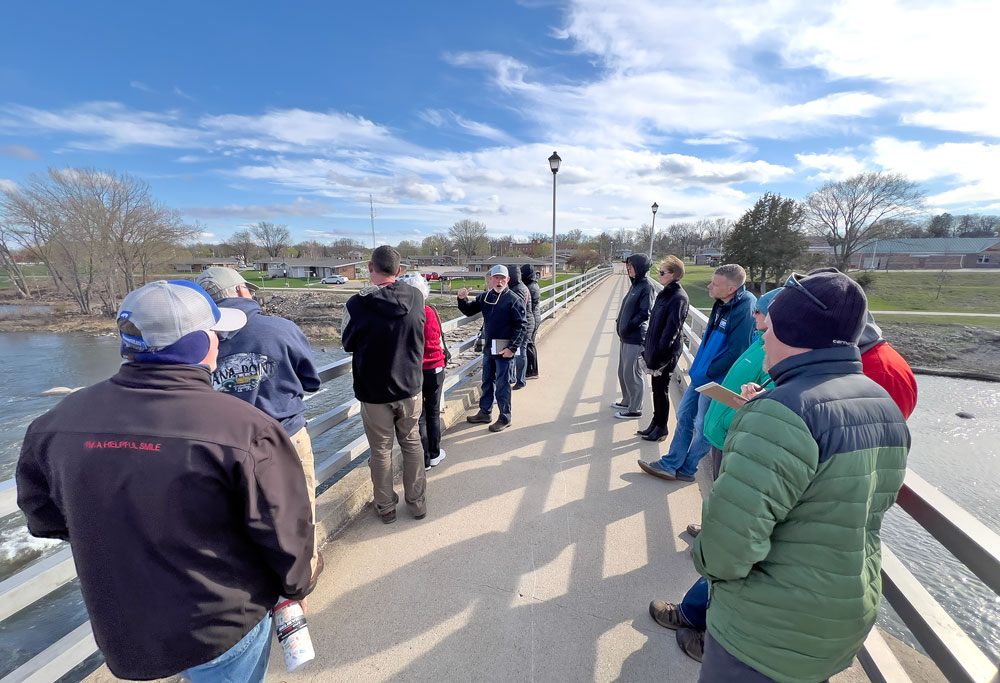
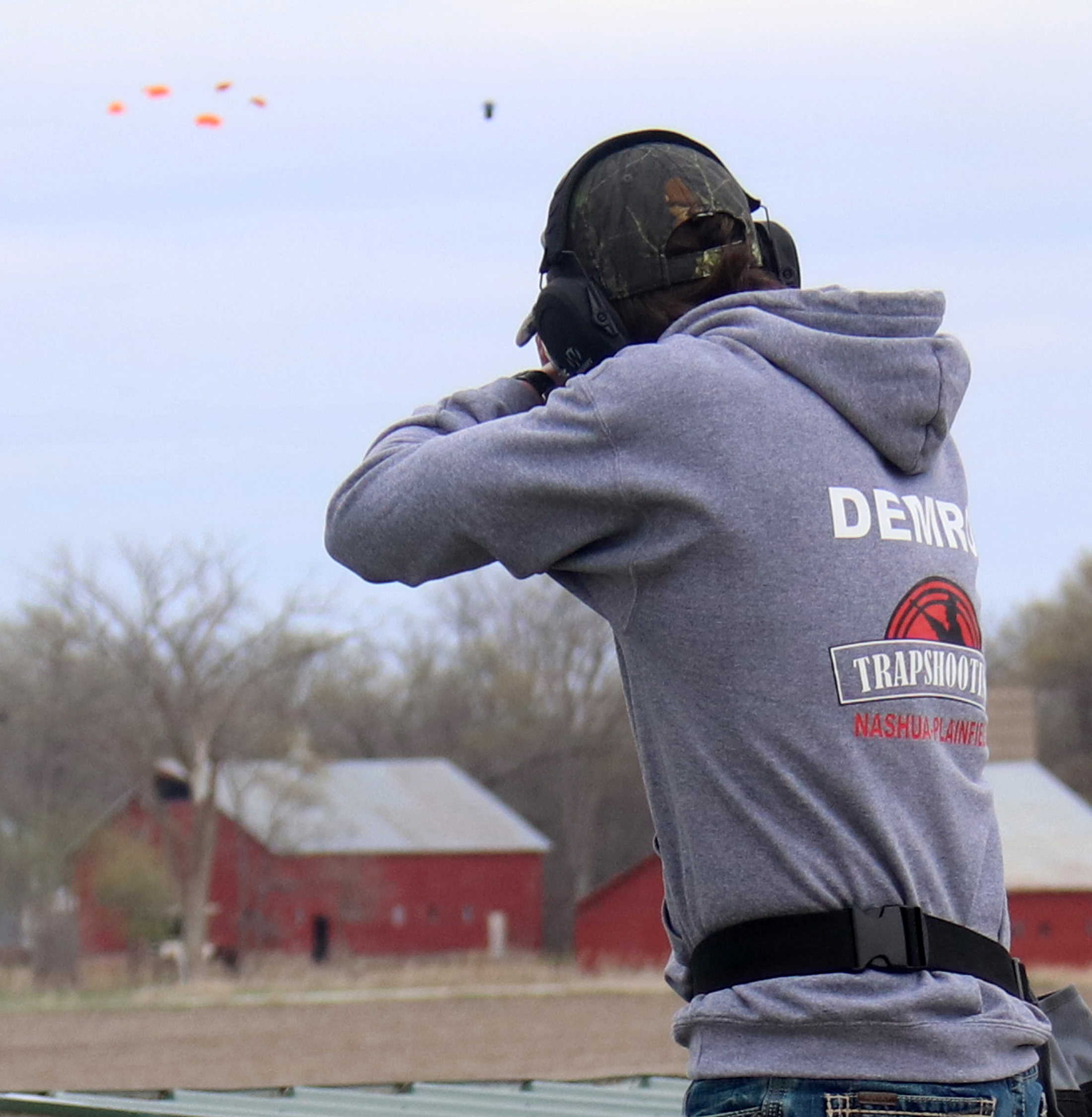
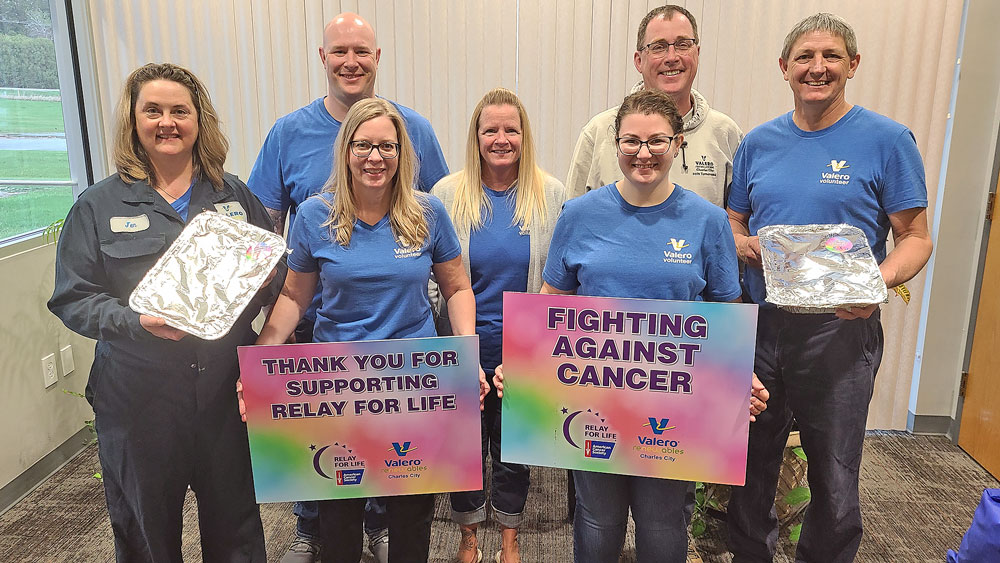


Social Share